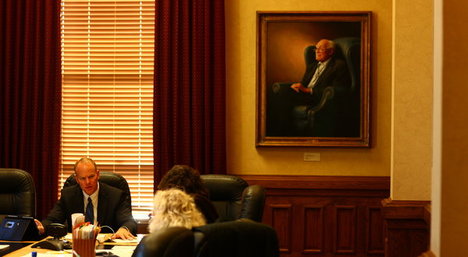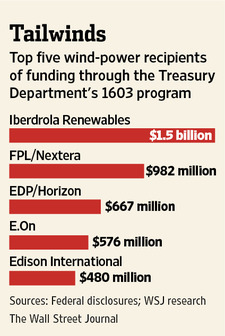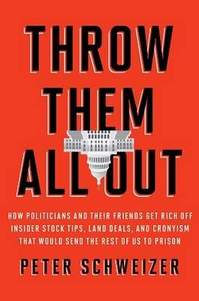(p. F1) SOON after the Occupy Wall Street encampment was set up at Zuccotti Park in Manhattan last fall, 26-year-old Ryan Quick told his father, Leslie C. Quick III, a financier, that he might drop by the site.
“Don’t you even let me see you over there,” the father replied.
The senior Mr. Quick later said that he and his son were both “half-kidding” each other. But he need not have worried about any class rebellion. According to Mr. Quick, his son came back from his visit and said: “It just looks like a Phish concert. It’s difficult to get engaged by something that doesn’t really have a purpose.”
As scions of a family that co-founded Quick & Reilly, a pioneering discount brokerage firm acquired for $1.6 billion by another company in 1997, the Quicks are undoubtedly among the “1 percent” — the wealthiest 1 percent of Americans targeted by the Occupy Wall Street movement. Indeed, having made their fortune in finance, the Quicks might be particular targets.
. . .
(p. F5) “Almost all my clients are self-made,” said Christopher J. Cordaro, chief executive of RegentAtlantic Capital, a wealth management firm based in Morristown, N.J., whose clients have at least $2 million in investable assets. “They’re saying, ‘We worked hard, we went to college, we tried to better our lives. Isn’t that what I’m supposed to do?’ ”
That is also the Quick family’s history. When he joined the year-old family firm after graduating from college in 1975, Leslie Quick recalled, “we didn’t know if my father was going to declare bankruptcy or this discount brokerage thing was going to work.”
For the full story, see:
FRAN HAWTHORNE. “Color the 1 Percent 99 Percent Conflicted.” The New York Times (Thurs., February 9, 2012): F1 & F5.
(Note: ellipsis added.)
(Note: the online version of the article is dated February 8, 2012.)






